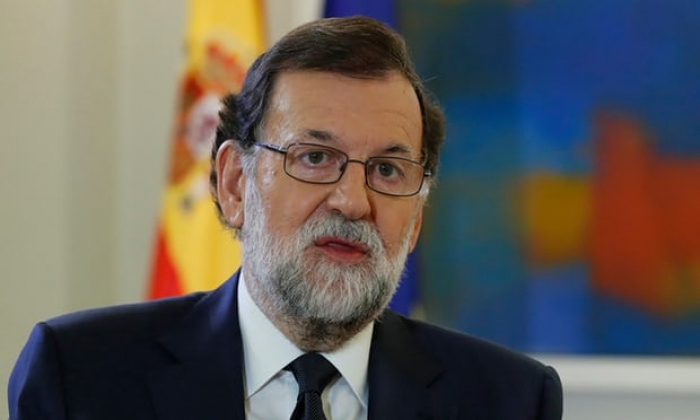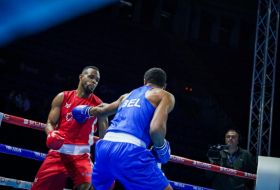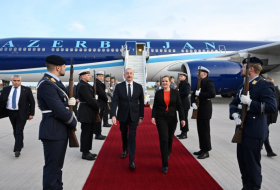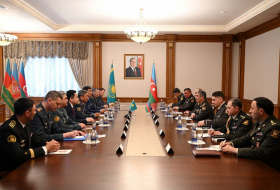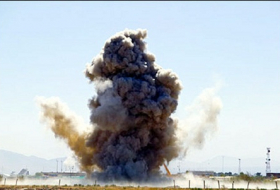In his address, Puigdemont said that, while the referendum earlier this month had given his government a mandate to create a sovereign republic, he would not immediately push ahead with independence from Spain.
Rajoy has vowed to use everything in his power to prevent independence and has refused to rule out imposing direct rule over the semi-autonomous region – an unprecedented move many fear could lead to civil unrest.
Puigdemont’s proposal to suspend a declaration of independence to allow for negotiations pulled the region back from the brink of an unprecedented showdown with Madrid, but drew criticism from both the Spanish government and the leader of the opposition in the Catalan parliament.
Spain’s deputy prime minister, Soraya Sáenz de Santamaría, accused him of plunging the region into fresh uncertainty, adding that his speech was that of someone “who doesn’t know where they are, where they’re going or who they want to go there with”.
She also appeared to rule out any negotiations, saying: “Dialogue between democrats takes place within the law, respects the rules of the game and doesn’t make them up as it goes along.”
The move came nine turbulent days after the independence referendum, in which 90% of participants voted in favour of splitting from Spain. The poll was marred by violence after Spanish police acting on court orders attempted to stop the vote by raiding polling stations, seizing ballot boxes, beating voters and firing rubber bullets at crowds.
Although Puigdemont had originally promised to make a unilateral declaration of independence within 48 hours of a victory for the yes campaign, he has instead chosen to seek international help for mediated negotiations with the Madrid government.
Hours before the announcement, Donald Tusk, the president of the European council, appealed to Puigdemont to step back from a unilateral declaration of independence and begin dialogue with Rajoy.
“Today, I ask you to respect, in your intentions, the constitutional order and not to announce a decision that would make such dialogue impossible,” he said.
In the run-up to the announcement, police had been stationed outside government buildings in Barcelona and had closed off the Ciutadella park around parliament.
Thousands of independence campaigners, many of them draped in Catalan estelada flags, gathered nearby to watch the parliamentary session on giant screens as police helicopters hovered overhead.
Behind them, just in front of Barcelona’s Arc de Triomf, stood nearly three dozen tractors that had been driven to the city in a show of farmers’ support for Catalan sovereignty.
The long push for independence has riven both the wealthy north-eastern region and Spain itself, leaving the country facing the greatest threat to national unity since it returned to democracy after the death of the fascist dicator, Francisco Franco, in 1975.
It has also prompted a series of banks and businesses to announce plans to move their bases out of the region amid the continuing uncertainty.
Rajoy, who will address the Spanish parliament at 4pm on Wednesday afternoon, has suggested he is willing to take the drastic step of invoking article 155 of the Spanish constitution. Article 155 allows the central government to take control of an autonomous region if it “does not fulfil the obligations imposed upon it by the constitution or other laws, or acts in a way that is seriously prejudicial to the general interest of Spain”.
He has repeatedly pointed out that the referendum and the laws underpinning it are a violation of the Spanish constitution, which is based “on the indissoluble unity of the Spanish nation, the common and indivisible homeland of all Spaniards”.
His government insists the Catalan question is a Spanish matter, and has promised to use all the legal and constitutional means at its disposal to try to stop the regional government’s manoeuvres. It has also deployed thousands of Guardia Civil and national police officers to Catalonia.
More about: #Catalonia








